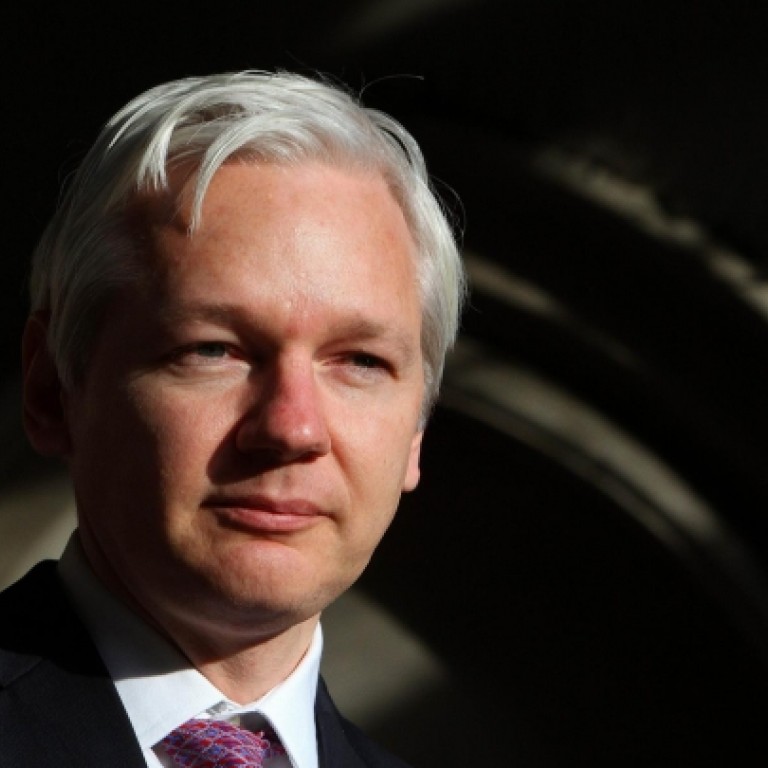
Edward Snowden's plan to seek sanctuary in Ecuador is falling apart
As whistle-blower waits in limbo, Ecuadorean frustration at the 'grandstanding' of ally Julian Assange has put in doubt his quest for asylum
The plan to spirit whistle-blower Edward Snowden to sanctuary in Latin America appears to be falling apart amid tension between Ecuador's government and WikiLeaks founder Julian Assange.
President Rafael Correa halted a bid to help Snowden leave Russia amid concerns Assange was usurping the role of the Ecuadorean government, according to leaked diplomatic correspondence.
He declared invalid a temporary travel document which could have helped extract Snowden from his reported location in Moscow.
Correa declared that the safe conduct pass issued by Ecuador's London consul - in collaboration with Assange - was unauthorised. Other Ecuadorean diplomats privately said the WikiLeaks founder could be perceived as "running the show".
Yesterday Correa said he had spoken with US Vice-President Joe Biden about Snowden, and that Biden had asked Ecuador to reject the fugitive intelligence leaker's asylum request.
Correa said the conversation took place on Friday and that Biden "passed on a polite request from the United States to reject the request".
According to the leaked diplomatic correspondence, obtained by the broadcaster Univision and shared with , divisions over Assange have annoyed Ecuador's government.
The country's ambassador to the US, Nathalie Cely, told presidential spokesman Fernando Alvarado that Ecuador's role in the drama was being overshadowed by the WikiLeaks founder, who has sheltered in Ecuador's London embassy for the past year to avoid extradition.
"I suggest talking to Assange to better control the communications. From outside, [Assange] appears to be running the show."
Earlier last week, a senior foreign diplomat in the capital, Quito, told that some - though not all - factions in the government were annoyed with what they saw as Assange's "grandstanding".
In a message attributed to Assange sent to Ecuador's foreign minister, Ricardo Patino, and top officials, the WikiLeaks founder apologised "if we have unwittingly [caused] Ecuador discomfort in the Snowden matter".
The note continued: "There is a fog of war due to the rapid nature of events. If similar events arise, you can be assured that they do not originate in any lack of respect or concern for Ecuador or its government."
Assange appears to have had a strong role in obtaining the travel document for Snowden, dated June 22. It bore the printed name, but not the signature, of the London consul, Fidel Narvaez, a confidante. By mid-week Narvaez was reportedly in Moscow.
The document could have helped Snowden, whose US passport has been revoked, leave the transit lounge of Moscow's Sheremetyevo airport, where he has reportedly holed up since fleeing Hong Kong last weekend.
On Thursday, Correa - who has previously hailed Snowden for exposing US spying and has earned kudos for defying Washington pressure over the affair - appeared to belittle Snowden's chances of making it to Quito.
Declaring the travel document invalid at a press conference, he said Ecuador would not consider an asylum request unless Snowden reached Ecuadorean territory.
"The situation of Mr Snowden is a complex situation and we don't know how he will solve it," Correa said.
But he ramped up defiance of the US by waiving preferential trade rights to thwart what officials called Washington "blackmail". Analysts said Correa had skilfully extracted political capital from the saga without drawing US retaliation.
